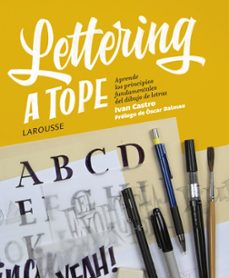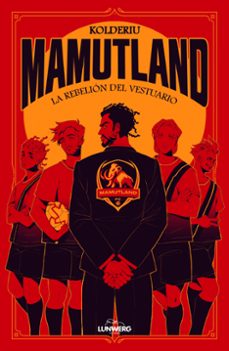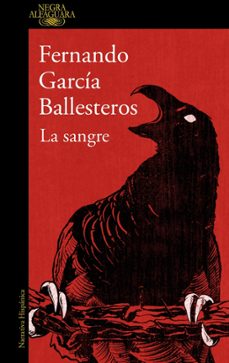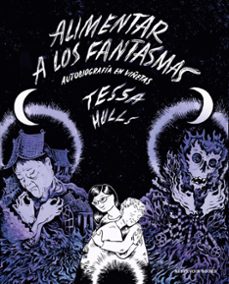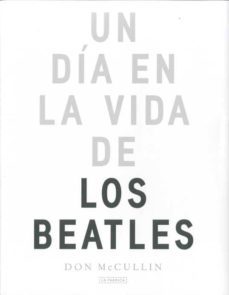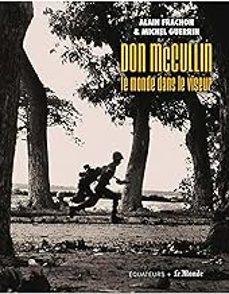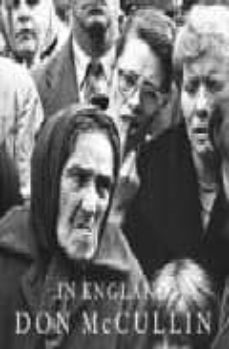Imprescindibles
Ficción
No Ficción
Ciencias y tecnología Biología Ciencias Ciencias naturales Divulgación científica Informática Ingeniería Matemáticas Medicina Salud y dietas Filología Biblioteconomía Estudios filológicos Estudios lingüísticos Estudios literarios Historia y crítica de la Literatura
Humanidades Autoayuda y espiritualidad Ciencias humanas Derecho Economía y Empresa Psicología y Pedagogía Filosofía Sociología Historia Arqueología Biografías Historia de España Historia Universal Historia por países
Infantil
Juvenil
#Jóvenes lectores Narrativa juvenil Clásicos adaptados Libros Wattpad Libros Booktok Libros de influencers Libros de Youtubers Libros Spicy Juveniles Libros LGTBIQ+ Temas sociales Libros ciencia ficción Libros de acción y aventura Cómic y manga juvenil Cómic juvenil Manga Shonen Manga Shojo Autores destacados Jennifer L. Armentrout Eloy Moreno Nerea Llanes Hannah Nicole Maehrer
Libros de fantasía Cozy Fantasy Dark academia Hadas y Fae Romantasy Royal Fantasy Urban Fantasy Vampiros y hombres lobo Otros Misterio y terror Cozy mistery Policiaca Spooky Terror Thriller y suspense Otros
Libros románticos y de amor Dark Romance Clean Romance Cowboy Romance Mafia y amor Romance dramatico Romcom libros Sport Romance Otros Clichés Enemies to Lovers Friends to Lovers Hermanastros Slow Burn Fake Dating Triángulo amoroso
Cómic y manga
Novela gráfica Novela gráfica americana Novela gráfica europea Novela gráfica de otros países Personajes, series y sagas Series y sagas Star Wars Superhéroes Cómics DC Cómics Marvel Cómics otros superhéroes Cómics Valiant
eBooks
Literatura Contemporánea Narrativa fantástica Novela de ciencia ficción Novela de terror Novela histórica Novela negra Novela romántica y erótica Juvenil Más de 13 años Más de 15 años Infantil eBooks infantiles
Humanidades Autoayuda y espiritualidad Ciencias humanas Economía y Empresa Psicología y Pedagogía Filosofía Historia Historia de España Historia Universal Arte Cine Música Historia del arte
Ciencia y tecnología Ciencias naturales Divulgación científica Medicina Salud y dietas Filología Estudios lingüísticos Estudios literarios Historia y crítica de la Literatura Estilo de vida Cocina Guías de viaje Ocio y deportes
Don McCullin
Recibe novedades de DON MCCULLIN directamente en tu email
Filtros
Del 1 al 5 de 5
JONATHAN CAPE (RANDOM) 9780224091244
McCullin had just returned from covering the bitter fighting during the Tet Offensive in Vietnam, and was the most hardened photojournalist in the field. He was astonished by the invitation. On Sunday 28 September he met the Beatles at the Sunday Times studio and began to photograph them in colour for a "Life" magazine cover...
Ver más
Tapa dura
LA FABRICA 9788492841783
Sucedió en un día: el encuentro entre dos mitos, Don McCullin, recién llegado de Vietnam, y Los Beatles.
En el verano de 1968, los Beatles, en el punto más alto de su fama internacional tras haber
Ver más
Tapa dura
APERTURE FOUNDATION INC 9780893816599
Tapa dura
EDITIONS DES EQUATEURS 9782382846551
Depuis soixante-cinq ans, Don McCullin photographie les effrois de notre monde. Il en capture l'actualité, les mutations, les violences mais aussi les paysages et les bouleversements sociétaux. En imposant un style tres personnel, entre "obscurite et terreur", livrant des images noires, tragiques mais eloignees des effets faciles, il est considere comme un des plus importants photographes de notre temps. McCullin etablit sa reputation en photographiant au plus pres les grands conflits de la deuxieme moitie du XXe siecle : Vietnam, Chypre, Biafra, Afrique centrale, Irlande du Nord, Liban, etc. Ce grand-oeuvre se double d'un autre, qui l'anime depuis un demi-siecle : cerner les fractures identitaires et sociales dans sa Grande-Bretagne natale, les quartiers defavorises de Londres, la desindustrialisation, les sans-abris, les laisses-pour-compte des annees Thatcher, les recales de la mondialisation... Enfin, McCullin est un paysagiste hors pair, tant de la campagne anglaise, qu'il transforme la encore en champ de bataille, que des ruines suppliciees de Palmyre, en Syrie. Alain Frachon et Michel Guerrin ont longuement rencontre ce personnage hors du commun dans sa maison du Somerset, afin de retracer les meandres d'une vie et d'une oeuvre, d'un journaliste et d'un artiste, d'un ecrivain de l'image et de notre grande histoire.
Ver más
Tapa blanda
JONATHAN CAPE (RANDOM) 9780224078702
"Don McCullin's view of England is rooted in his war time childhood and in growing up in Finsbury Park, north London, in the fifties. His first published photograph was a picture of a gang from his neighbourhood, which appeared in a newspaper after a local murder. The boys were his childhood friends. McCullin has always balanced his anger at the unacceptable face of the nation with tenderness or compassion. In England combines some of his greatest work with many previously unpublished photographs and an entirely new body of pictures." "McCullin sees in his native country a perpetual social gulf dividing the affluent and the destitute. He continues in the same black-and-white tradition as he demonstrated between foreign assignments for the Sunday Times in the sixties and seventies, when his view of a deprived Britain seemed as dark as the conflict zones from which he'd just escaped. At a time when we might believe the world has changed beyond our imagination, McCullin shows us a view of England where the line between the wealthy and the poor is as defined as ever. This time he adds wry humour to his lyricism, as if the nation is as absurd as it is tragic. At the heart of it all is McCullin's deep love of the English landscape. He transforms his views of the hills and fields of Somerset beneath dark, raging skies into the battlefields of his imagination. It is here he feels completely at home."--BOOK JACKET.
Ver más
Tapa dura
Del 1 al 5 de 5
